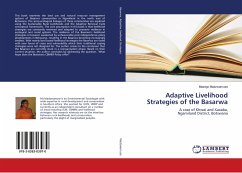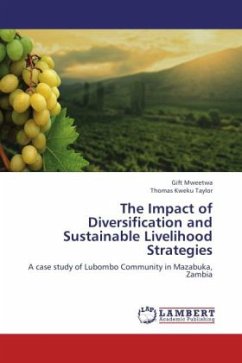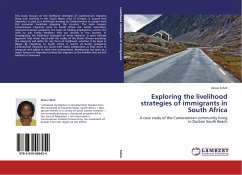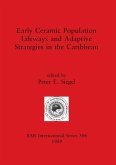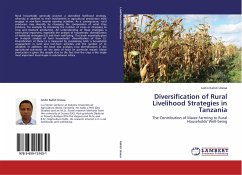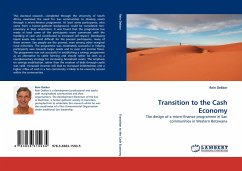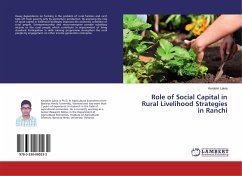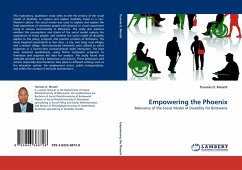This book examines the land use and natural resource management systems of Basarwa communities in Ngamiland in the north east of Botswana. The socio-ecological linkages of these communities are explored using the Sustainable Rural Livelihoods and the Adaptive Renewal Cycle conceptual frameworks. The core assumption in this book is that livelihood strategies are constantly renewed and adapted to promote resilience in ecological and social systems. The resilience of the Basarwa's livelihood strategies is however weakened by unfavourable post independence policy developments in Botswana, resulting in the Basarwa becoming increasingly landless. With mainly land based livelihood strategies the Basarwa are faced with new forms of crises and vulnerability which their traditional coping strategies were not designed for. The author comes to the conclusion that the Basarwa are currently stuck in a reorganisation phase. Based on their current situation, the author concludes by addressing the question, 'What hope does the Botswana CBNRM Policy offer?'
Bitte wählen Sie Ihr Anliegen aus.
Rechnungen
Retourenschein anfordern
Bestellstatus
Storno

